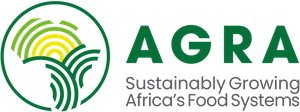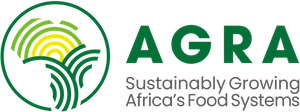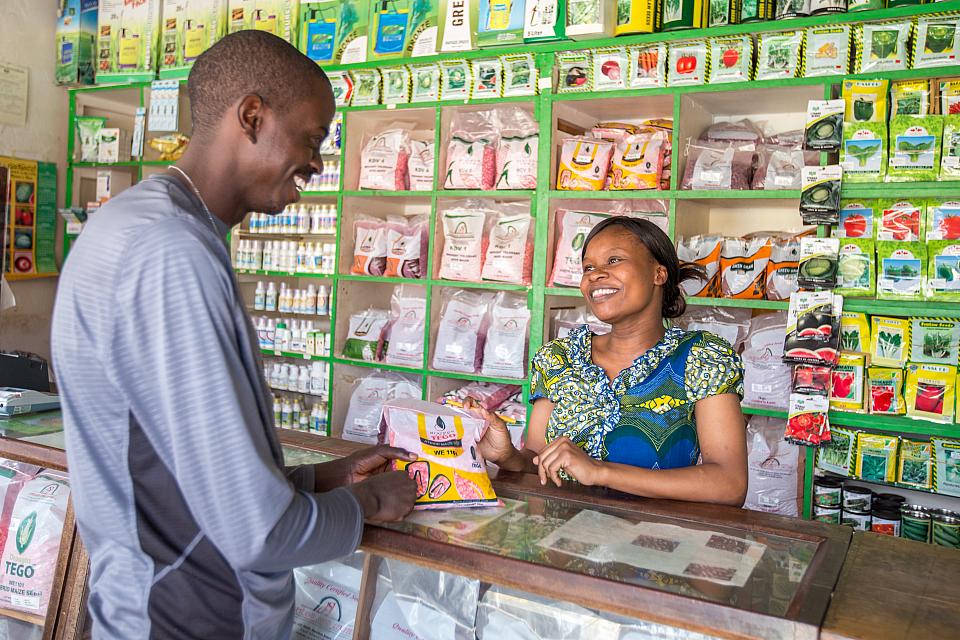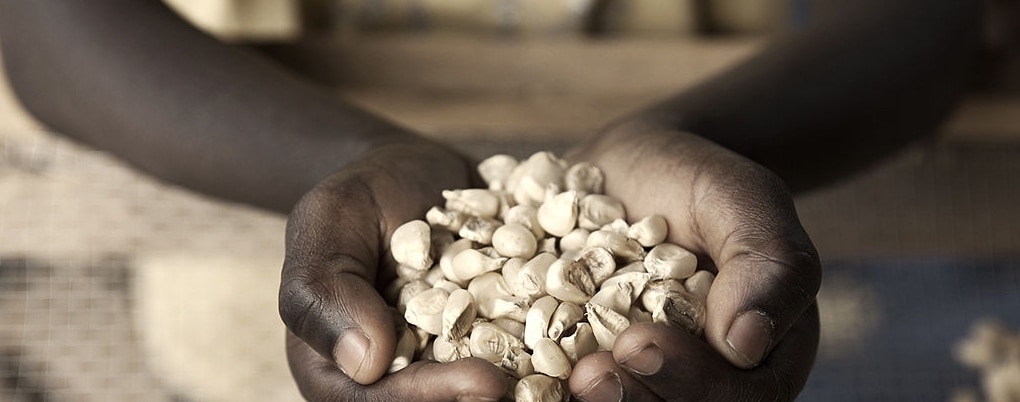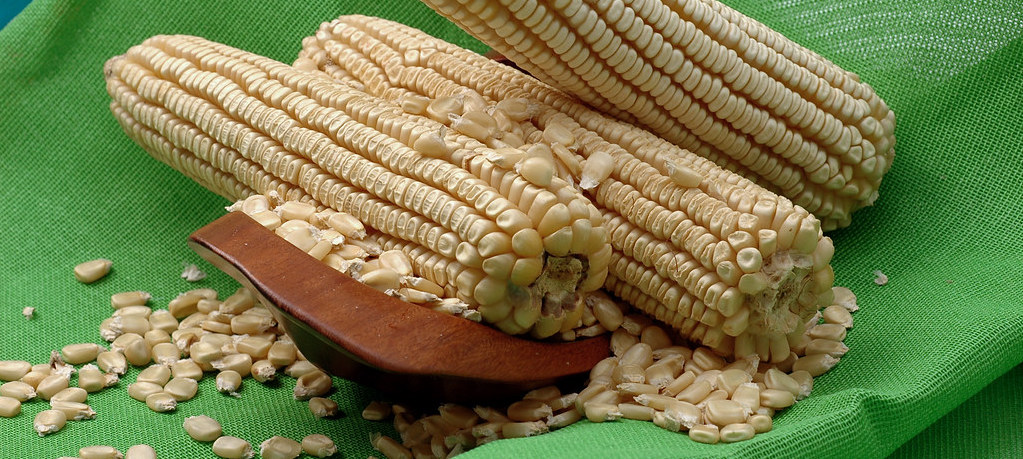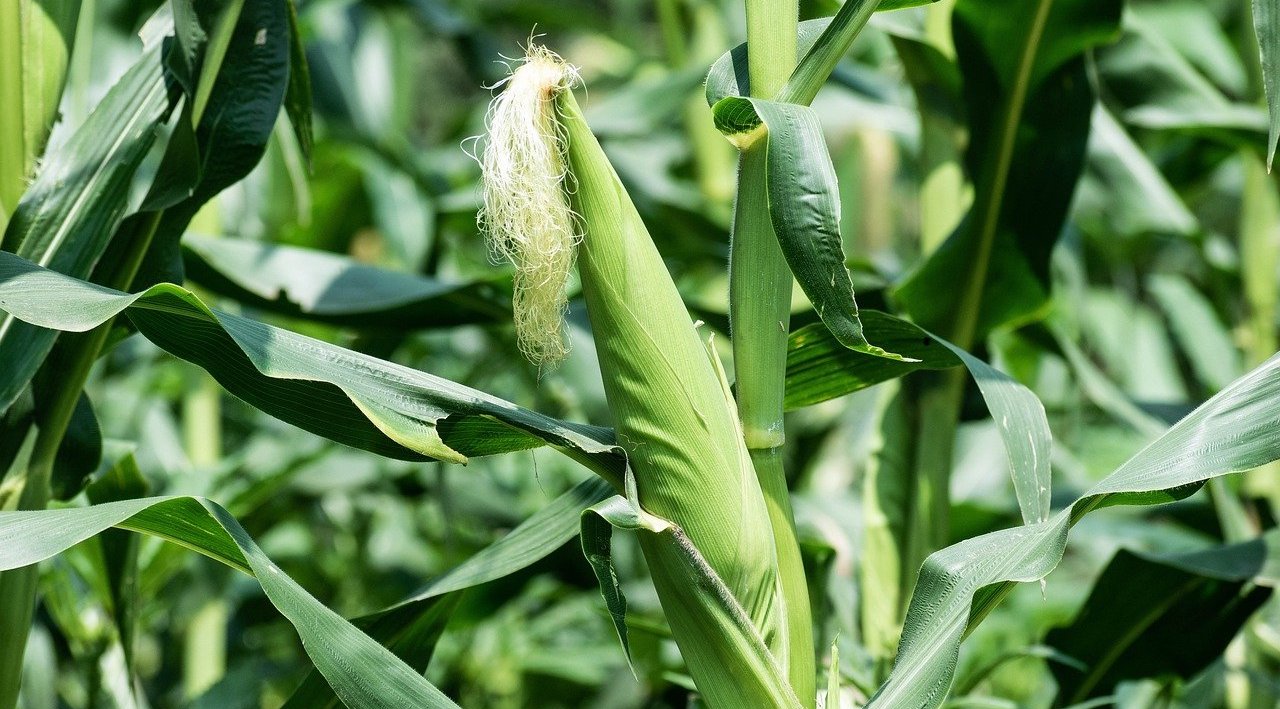Smallholder farmers in Kigoma Region, Tanzania are turning their backs on low yields, post-harvest losses and uncertainty to embrace a transformative agriculture that promises prosperity, sustainability and security for them.
They are also at the center of AGRA’s partnership with the Government of Tanzania and a consortium of five development partners to improve staple crop production, commercialization of farming enterprises and market access for farmers. By strengthening the agricultural inputs system, technology development, and supply chain in Kigoma Region these multi-faceted interventions have increased the prospects for staple crop productivity among more than 170,000 farmers from 217 villages
“The transformation of the agriculture sector in Kigoma region is starting to be the felt,” said Mr. Donald Mizambwa, an Associate Program Officer at AGRA.
AGRA’s three-year grant covering the period September 2017 to August 2020, finances integrated efforts to address the constraints faced by the smallholder farmers in Kigoma Region with the goal of increasing incomes and improving food security and livelihoods.
Ruvuma Commercialization and Diversification of Agriculture (RUCODIA), one of the project implementers within the consortium, has recruited and trained 598 agro-dealers and reached out to 98,781 smallholder farmers.
“We have trained farmer organizations, SMEs and local governments on how to increase agricultural productivity and build resilience to shocks. This includes strengthening agro-dealerships in Kigoma,” noted Mr. Jackson Lumbugi, project manager, RUCODIA.
Mr. Wilson Vyalelo, an agro-dealer, based in Kigoma observed that more smallholder farmers were using improved seeds and fertilizers as a result of the interventions.
“I noticed that the majority of farmers who bought seeds and fertilizer in 2017 increased their uptake in 2018,” he added, “It means a lot to us when a farmer who bought five bags in 2017 raises this to 10 bags in 2018.” The average farm size in the region ranges from 0.2ha to 0.8ha (0.5 acres to 2 acres).
Leveraging on the success of their maize hybrids and well-established distribution networks are two seed companies within the consortium – Meru Agro and Suba Agro. They have a presence in Kigoma and Kagera Regions respectively.
Mr. Joseph Rubuye, the Regional Agriculture Advisor-Kigoma, called for efforts to sustain the momentum, among them value-chain approaches to the multifaceted interventions of the project.
“What counts here is ensuring that every villager who is able to increase production is supported at every stage to realize an increase in their income as a result of the interventions,” he said, “this is how an entire region prospers.”
A maize farmer in Kasulu Municipality, Mr. Moshi Hiza, who has since been able to treble his farm’s productivity, said he had learned a lot of what he practices from the demonstration farms supported by AGRA.
To improve market access for farmers like Mr. Hiza, organizations like FAIDA MALI have been active in establishing and sustaining the linkages between producers and off-takers by opening up access to output markets on the one end of the scale, and input purchases at the other end. As part of the consortium, Tanzania Chamber of Commerce, Industry and Agriculture (TCCIA) – Kigoma Chapter facilitated a meeting between grain traders and smallholder farmers. The grain companies involved in the consultation included Gwakula Investments Group LTD, Kisoya Super Sembe, Aniseth Commission Cargo Ltd. and Nabuhima Food and General Supply Ltd.
However, financing and investments are critical components in creating the conditions that support an inclusive agricultural transformation. They include the provision of multiple types of services dedicated to supporting both on- and off-farm agricultural activities and businesses including input provision, production, and distribution, wholesale, processing and marketing.
Farmers and small to medium-sized rural businesses often cite financing as a barrier, more so because they lack collateral and financial services providers struggle to put a price to the risk of loans to this category of clients. AGRA’s financing partners in the project include the Private Agricultural Sector Support Trust (PASS TRUST), CRDB Bank Plc and National Microfinance Bank (NMB), Tanzania.
Others service providers are Farm Radio International (FRI) and Nyakitonto Youth for Development Tanzania (NYDT). FRI were instrumental in creating awareness and sharing knowledge to increase staple food crop productivity for maize, beans and cassava via radio programs even beyond Kigoma Region.
Occupying 45,066 square kilometers, of which 8,029 sq. km is covered by water, Kigoma Region is rich in agricultural potential and straddles a huge regional market in the neighboring Democratic Republic of Congo, Burundi, and Zambia.
